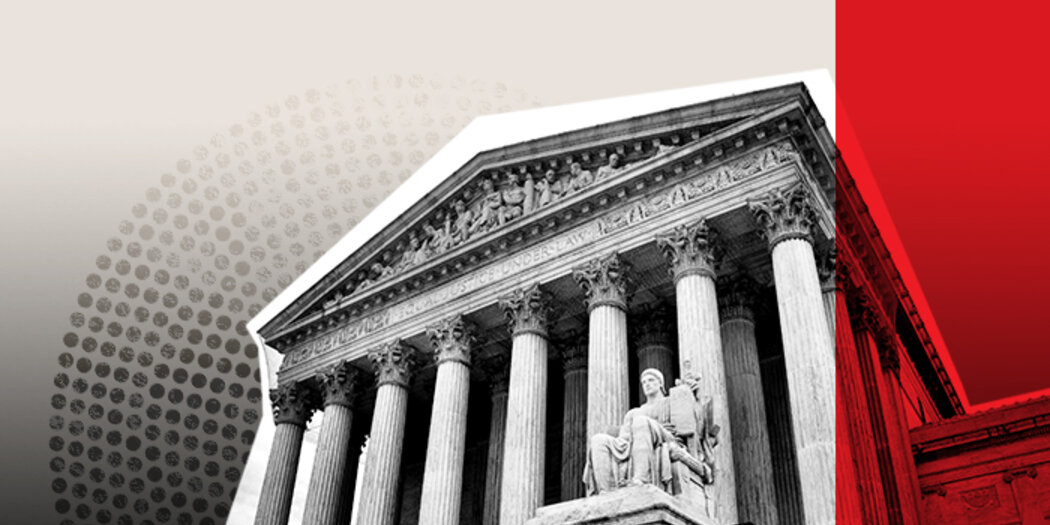get rid of citizen's united.
lol ... good luck.
get rid of citizen's united.
Why?
Because by allowing companies with plants in the US to conglomerate anonymous contributions, then noncitizens can also invest in US political campaigns, without there being any means of tracking or preventing.
The only point of Citizen's United is to hide illegal foreign campaign contributions.
Because by allowing companies with plants in the US to conglomerate anonymous contributions,
Contributions to what?
Political campaigns.
{...
January 21, 2020 will mark a decade since the Supreme Court’s ruling in
Citizens United v. Federal Election Commission, a controversial decision that reversed century-old campaign finance restrictions and enabled corporations and other outside groups to spend unlimited funds on elections.
While wealthy donors, corporations, and special interest groups have long had an outsized influence in elections, that sway has dramatically expanded since the
Citizens United decision, with negative repercussions for American democracy and the fight against political corruption.
What was Citizens United about?
A conservative nonprofit group called Citizens United challenged campaign finance rules after the FEC stopped it from promoting and airing a film criticizing presidential candidate Hillary Clinton too close to the presidential primaries.
A 5-4 majority of the Supreme Court sided with Citizens United, ruling that corporations and other outside groups can spend unlimited money on elections.
What was the rationale for the ruling?
In the court’s opinion, Justice Anthony Kennedy wrote that limiting “independent political spending” from corporations and other groups violates the First Amendment right to free speech. The justices who voted with the majority assumed that independent spending cannot be corrupt and that the spending would be transparent, but both assumptions have proven to be incorrect.
With its decision, the Supreme Court overturned election spending restrictions that date back
more than 100 years. Previously, the court had upheld certain spending restrictions, arguing that the government had
a role in preventing corruption. But in
Citizens United, a bare majority of the justices held that “independent political spending” did not present a substantive threat of corruption, provided it was not coordinated with a candidate’s campaign.
As a result, corporations can now
spend unlimited funds on campaign advertising if they are not formally “coordinating” with a candidate or political party.
How has Citizens United changed elections in the United States?
The ruling has ushered in massive increases in political spending from outside groups, dramatically expanding the already outsized political influence of wealthy donors, corporations, and special interest groups.
In the immediate aftermath of the
Citizens United decision, analysts focused much of their attention on how the Supreme Court designated corporate spending on elections as free speech. But perhaps the
most significant outcomes of
Citizens United have been the creation of super PACs, which empower the wealthiest donors, and the expansion of dark money through shadowy nonprofits that don’t disclose their donors.
A Brennan Center report by Daniel I. Weiner
pointed out that a very small group of Americans now wield “more power than at any time since Watergate, while many of the rest seem to be disengaging from politics.“
“This is perhaps the most troubling result of
Citizens United: in a time of historic wealth inequality,” wrote Weiner, “the decision has helped reinforce the growing sense that our democracy primarily serves the interests of the wealthy few, and that democratic participation for the vast majority of citizens is of relatively little value.”
...}
The 2010 Supreme Court decision further tilted political influence toward wealthy donors and corporations.

www.brennancenter.org
PACs, (Political Actions Committees), now are allowed to spend enormous amounts of campaign money simply by claiming they are independent of the actual campaign, and the money can come from a foreign national, without the PAC being required to reveal that.
